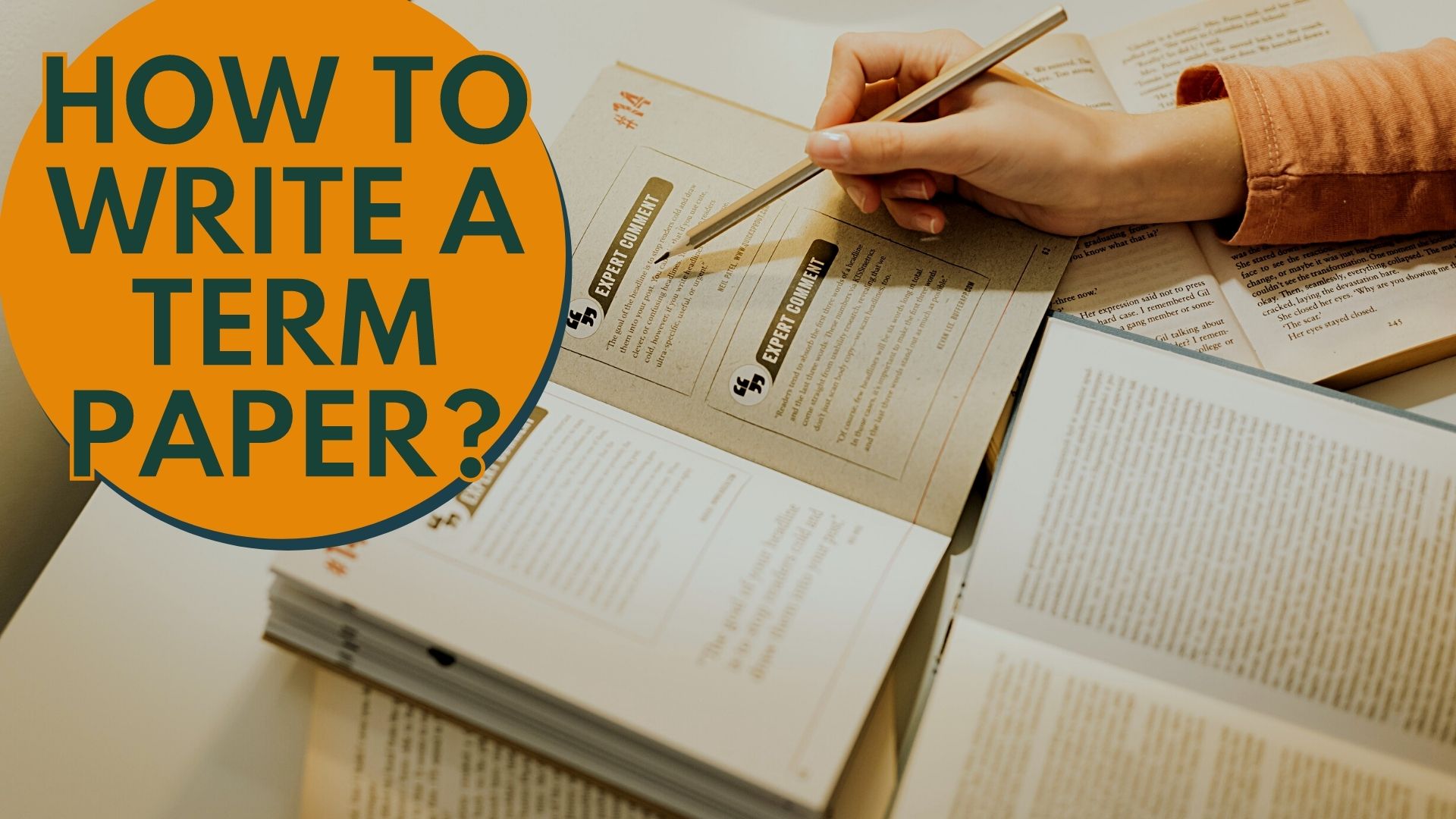So, you have painstakingly written your paper intro, body, and now you are stuck on how to restate a thesis in conclusion. Well, you are not alone, my friend! Many college and university students go through what you are experiencing now.
Nevertheless, do not panic. In this top-tier post, you will see how to restate a thesis statement effortlessly and fantastically. Keep on reading to get your problem solved by the experts today.
What Does Restate Thesis Mean?
For us to have better grounding, we have first to understand what restating means? It denotes stating an idea again or differently, especially more transparently or convincingly.
In most papers, this short part forms the first sentence of the conclusion paragraph. As you state the thesis again in a new way, you help the reader recap the original thesis statement, especially in a long paper.
How Do You Rephrase a Thesis Statement?
There are a plethora of ways to restate a thesis statement. However, a successful thesis restatement ought to remind your readers of what you have proven in your body paragraphs. It should also help to bring your research paper to a successful close.
Below are professional steps to guide you when you are thinking about a thesis restatement:
-
- Where do I want to restate my thesis?
The first step is to determine where you’d want to fit your thesis restatement in the conclusion paragraph. Most students think that it is supposed to be the first sentence of the concluding section. However, that is not the case.
You can decide to place it at the beginning, middle, or end of your summarizing paragraph. The goal is to remind your reader of the main idea while still maintain a sense of creativity and high writing standards.
Therefore, you can draft a rough conclusion and identify a suitable place for your thesis restatement before writing the final paper.
-
- What have I discussed in the body paragraphs?
By the time you write your conclusion, you have already exhausted everything; the reader needs to know the original thesis statement. Therefore, you have ‘an informed reader’ by the time you are thinking to restate thesis statement.
Why is this important to know?
It helps you draw your thesis restatement from the arguments you’ve raised in the body paragraphs. The restated thesis will, therefore, provide a greater level of sophistication to the original statement.
How To Rephrase a Thesis
It is no secret that paraphrasing as a whole is not an easy task. At this point, after writing your five-paragraph paper, your mind might be saturated, and rephrasing can seem like calculating a calculus equation.
But you can still achieve this task and accurately. Scroll down to see how?
- The ‘so what’ question
Professionals have unanimously agreed that this is the backbone of any thesis restatement. This question explains the significance of the original idea. When you revisit it in conclusion, it will prompt the reader to see why it was worth his/her time.
For instance, if you have a paper about cheating among students – the ‘so what’ question can address its meaning for the students and instructors. Look at the restate thesis example for this illustration:
“Because cheating in exams depends on more than just the copy-pasting, it is crucial that students know about how cheating occurs.”
- Avoid apologizing
At this point, you have given your defense in more than four body paragraphs; why should you be apologizing now? It will only make your conclusion look weak and write off all the body paragraphs’ strides.
Desist from phrases such as “it seems like or it is possible” when restating your thesis.
However, when the original thesis uses this conditional language, then an exception is made. You should maintain a high level of confidence at all costs, even in such a case. Have faith that you have done justice to your thesis statement.
- Clichés are a no-go-zone
You all know how tedious and frustrating clichés can be on the part of the reader. Whenever you use words like ‘in conclusion or in summary,’ you will turn off your reader. Who doesn’t know that the last paragraph is a conclusion or summary?
Take a fresh perspective from the norm to make your conclusion paragraph thrilling and exciting. It will also show your maturity level in writing through the original and creative phrases you choose to use.
Rewording a Thesis
Are you supposed to reword your thesis in the conclusion paragraph? The answer is yes! As we have seen hitherto, rewording a thesis statement gives it a new and captivating outlook. Your conclusion will not appear blunt or dull when you re-write the thesis statement word for word.
So how do you achieve this task?
-
- By changing the structure
To have a dissimilar thesis statement from the original, you have to alter its language and structure. It also applies to the clauses used in the original thesis.
Use different parts of speech to begin our thesis restatement. For example, if you start the original thesis with a subject, begin the paraphrase with a prepositional phrase. Here is an example of how to do that:
Original thesis: “Students in college and university are fond of copying and cheating.”
Thesis restatement: “In many colleges and universities, students copy and cheat in their exams.”
-
- Use different words altogether.
Make use of synonyms to the words used in the original thesis. Your word processor’s thesaurus function could be a good starting point. However, ensure that the words you choose bear the same meaning as the original ones.
-
- Break the points up
If you had an original thesis with one long sentence, you could split it up in two or three manageable sentences. After doing this, you can spread the sentences across the conclusion paragraph to break the monotony.
-
- Consider changing the tense.
Juggling between the present and past tense is a good strategy for rewording a thesis.
For instance, “I will discuss the impacts of exam cheating” to “I explained how deleterious cheating can be to students.”
How Long Does a Thesis Restate Have To Be?
In most cases, the conclusion paragraph accounts for 5-7% of the whole paper. Therefore, you should consider the overall word count of the entire piece first. After doing this, you will take the number of words you intend to use for your introduction and body paragraphs.
Once you determine the difference between these two, you can know the number of words to use for your thesis restatement. Either way, the number of words should not deter you from coming up with a quality thesis restate in conclusion.
Using the tips above guarantees you a top-notch restate of your thesis. If you wish to use cheap expert writing help to restate your thesis, our experienced writers are on standby.
Hit the ‘Order Now’ button and get your paper started!












